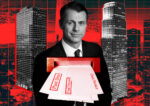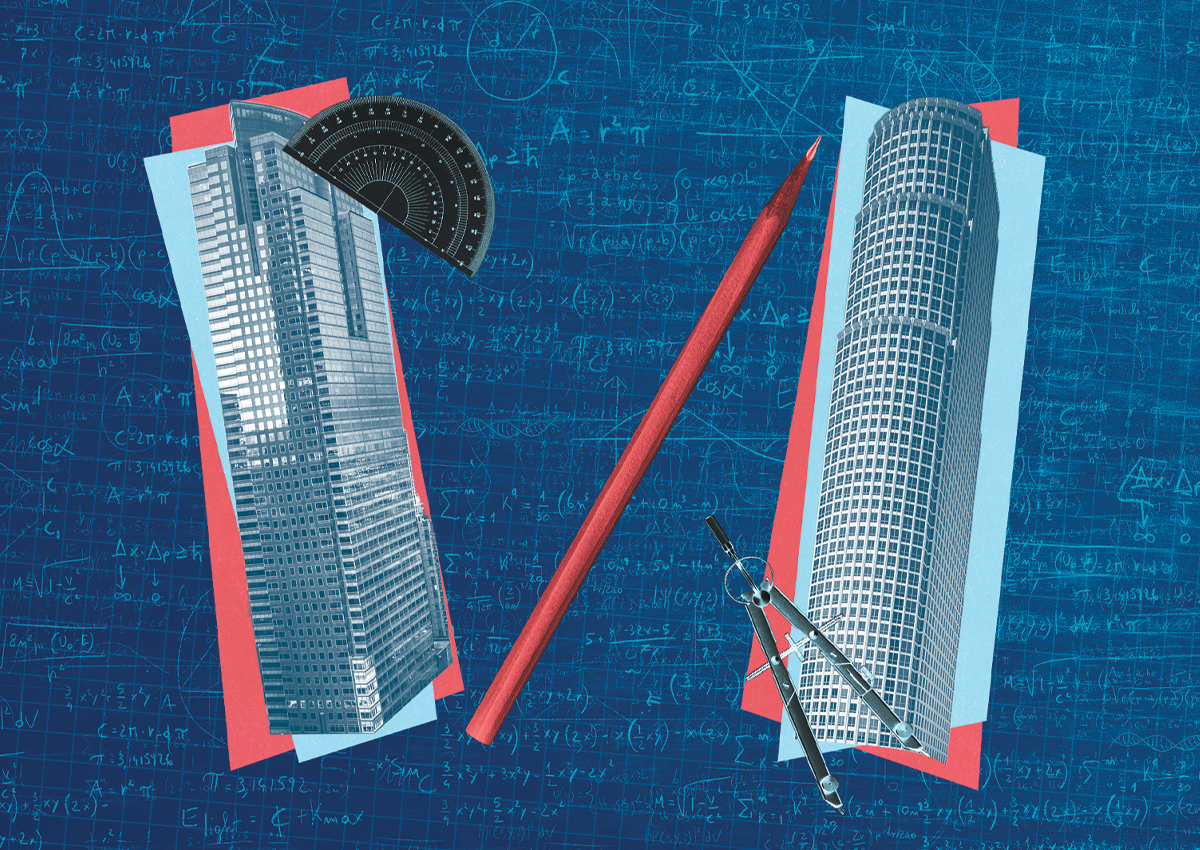In early October, it looked like Mitsui Fudosan America’s 50-story Park Terrace project in downtown Los Angeles was headed to a vote before the L.A, City Council after slogging through five years of the approval process at City Hall.
The 580-unit apartment project had already weathered several appeals and won approval from the Planning Commission. But it has run headlong into new hurdles with two last-minute appeals to the city’s Planning Commission — a familiar scenario for any developer.
In the most recent round of the approval process, the commission’s determination letter gave Oct. 11 as the deadline to file an appeal for the project located on the corner of 754 South Hope Street and 609 West 8th Street by The Bloc retail center.
But then another developer filed an appeal on Oct. 6. And a labor-affiliated group filed a second appeal on Oct. 11. Both groups had filed appeals earlier — both were rejected.
Second wave
Digital Realty, headquartered in Austin, complains in its new appeal that MFA has failed to comply with the state’s CEQA law because the environmental impacts for MFA’s project have not been adequately explored.
The developer’s appeal asserts that MFA did not adequately consider how the skyscraper will affect two neighboring buildings eligible for California’s Register of Historical Resources. It also contends that MFA breaks guidelines set forth by the city’s Downtown Design Guide. MFA’s proposed property line for the tower is only 40 feet from another proposed building — a Digital Realty project.
In April, Digital Realty filed plans to develop a 13-story data center at 727 South Grand Avenue. The windowless building would feature nine floors of data suites to house computer servers, data storage drives and networking equipment.
The second appeal came from the union-affiliated Coalition for Responsible Equitable Economic Development Los Angeles, which alleges the project breaks CEQA and zoning rules. CREED LA’s appeal says the commission did not adequately consider how the project will affect the surrounding environment with greenhouse gasses and noise pollution.
Previous appeals by Digital Realty and CREED LA were rejected by the Planning Commission in July.
The new appeals have not yet been scheduled for discussion, according to a Los Angeles Planning Department representative. MFA declined to comment. A Digital Realty representative did not return a request for comment.
Forward playbook
The MFA project illustrates a common script for developers, said Daniel Freedman, a land use attorney and partner at Jeffer Mangels Butler & Mitchell in Los Angeles.
“Typically, these appeals are brought against projects to either delay the development, extract conditions or try to force the developer to modify some aspect of the project itself. On rare occasions, it’s a shake-down. It’s an attempt to extract a financial compensation in exchange for dismissing or abandoning an appeal that would otherwise take months or years to process,” Freedman said.
He added that MFA can probably expect to be challenged again with appeals.
Keon Truth, vice president of The Mogharebi Group, a multifamily investment sales firm headquartered in Costa Mesa, said the delays caused by multiple appeals can set back the clock on project financing.
Read more



“The developers we speak with are looking at all of the projects in their portfolios, and they’re asking, ‘Are my debt and equity patient? Do I need to restructure the capital stack? Do I need to sell it now as entitled and get out, because it will be too expensive for me to hold it?’” he said.
However, Truth confirmed that Los Angeles remains a solid multifamily market. According to information from Yardi and CoStar, there are about 15 developments currently under construction in Downtown Los Angeles, representing more than 4,300 units.
